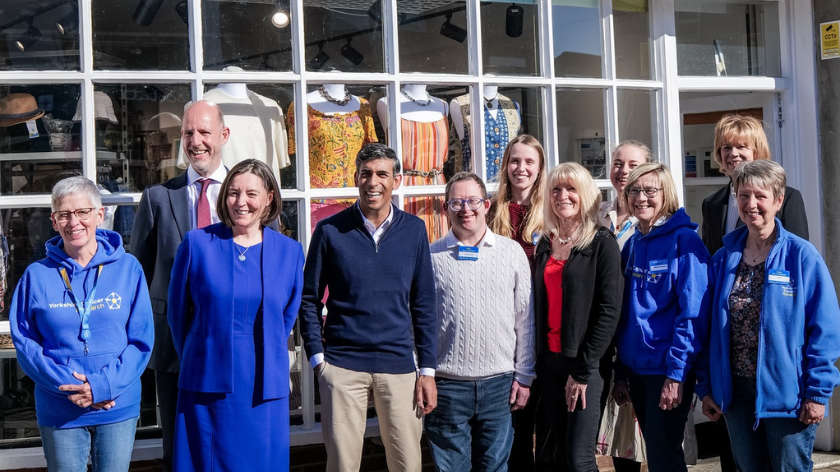
Yorkshire Cancer Research has marked its 100th birthday by re-creating the moment the charity was founded in Leeds - 100 years ago today (21st May).
The charity brought together 18 researchers, volunteers and supporters in the very room of its inaugural meeting to celebrate the 18 visionaries who gathered in 1925 to commit to improve cancer research in Yorkshire and help ‘rid mankind of the scourge and fear of cancer’.
Yorkshire Cancer Research was founded in the library of the Old Medical School at the University of Leeds on 21st May 1925.
Here, Yorkshire’s most influential figures united to forge a new organisation - ‘The Yorkshire Council of The British Empire Cancer Campaign’ - laying the foundations of a century of life-saving cancer research in Yorkshire.
This charity would later become Yorkshire Cancer Research.
One of the driving forces behind the new charity was Sir Berkeley Moynihan, its first Chairman, who trained at the Old Medical School and went on to become one of the world’s leading abdominal surgeons.
Moynihan performed the first successful blood transfusion in Britain and pioneered innovative surgical techniques which had huge influence on both sides of the Atlantic.
As Chairman of the charity for its first eleven years, he was the “inspiration behind this Yorkshire movement”, according to Viscount Mackintosh, another key founder of the charity.
Moynihan’s grandson, Lord Colin Moynihan was one of the 18 attendees who joined the charity’s symbolic gathering to honour his grandfather’s legacy and celebrate his impact on cancer research.
He said:
“To be here to mark 100 years of progress in cancer research in Yorkshire is one of the proudest days of my life.
“Being able to come back and see all the work that has been done, the lives that have been saved and the people who devote their lives to cancer research is truly a great honour.”
Recalling memories of his grandfather, he said:
“He passionately believed in Yorkshire’s surgeons and drew on the quality of their expertise in cancer research.
“He brought people from America, Europe and the rest of the UK to work on cancer research in Leeds, a city he would always call home.
“He was also the first President of the Royal College of Surgeons who came from one of England’s regions; all of the previous Presidents had been from London.”
Hosted by Leeds Teaching Hospitals NHS Trust, the meeting was an opportunity to unite past, present and future researchers and supporters who have made vital contributions to the charity’s rich history of life-giving cancer breakthroughs and progress.
This includes Professor Philip Quirke, Head of Pathology and Data Analytics at the University of Leeds, who has partnered with Yorkshire Cancer Research for over 40 years from supporting his PhD in 1984 to funding his innovative bowel cancer research.
In 2005, Professor Quirke received funding from Yorkshire Cancer Research to lead a team of pioneering bowel cancer researchers at a new state-of-the-art facility at St James’s University Hospital in Leeds, established with the help of £1.7 million of funding from the charity.
A year later, Professor Quirke published a study of bowel cancer surgical technique that would increase the success of surgery for people with bowel cancer, leading to a worldwide series of masterclass programmes for surgeons.
This would significantly increase the number of people surviving bowel cancer in Yorkshire, and beyond.
He said:
“Yorkshire Cancer Research is the reason why I’m still in Yorkshire.
“Without the charity’s vital support, my team and I would not have been able to develop our work in bowel cancer which has not only impacted the lives of people with cancer in Yorkshire, but around the world.
“With significant funding from the charity, we have been able to change the face of cancer surgery and develop precision cancer treatments to ensure we give the right treatments to the right people, and more recently, bring artificial intelligence to the heart of cancer research.
“Thanks to Yorkshire Cancer Research, there are many more people in the region, and beyond, who have been successfully treated for bowel cancer.”
Alongside the pioneering researchers celebrating the charity’s significant 100-year milestone were some of the charity’s most committed supporters, including Margaret Stevens, Chair of Great Ayton Local Voluntary Group (LVG).
Established in 1948, Great Ayton is the longest-running Yorkshire Cancer Research Local Voluntary Group and has been chaired by Margaret for 35 years.
Margaret first joined the group in 1977, a year after her father passed away from prostate cancer.
Since then, she has worked with the group’s members to raise vital funds for life-saving cancer research, organising a variety of community fundraising events including coffee mornings, lunches and quizzes.
She said:
“It’s an honour to be at the Old Medical School in Leeds to mark 100 years of Yorkshire Cancer Research.
“I’ve been involved with the Great Ayton Local Voluntary Committee for 48 wonderful years, during which time I’ve met many incredible people in my local community while at the same time raising lots of money for people with cancer in Yorkshire.
“There has been so much progress in cancer research, and I feel very proud to have played a small part in helping to fund research which saves lives.”
Since its foundation in 1925, Yorkshire Cancer Research has united with researchers, cancer experts and people in Yorkshire to bring life-saving breakthroughs, discoveries and progress in cancer research to the region.
The charity is currently funding £64m of cancer research and services, working with 710 researchers and cancer experts to bring vital expertise and knowledge to Yorkshire. 175,000 people can take part in cancer research and services funded by the Yorkshire Cancer Research
Dr Kathryn Scott, Chief Executive at Yorkshire Cancer Research, said:
“Marking 100 years of Yorkshire Cancer Research in the very room where the charity was founded is an extraordinary moment.
“It is thanks to the unwavering dedication of researchers and supporters, including the 18 people who attended this event, that we have made life-saving breakthroughs and progress in the prevention, diagnosis and treatment of cancer in Yorkshire.
“Now, Yorkshire Cancer Research is looking to the future and 100 years on, remains as committed as ever to the charity’s vision of creating a Yorkshire free from cancer.”
Professor Phil Wood, Chief Executive at Leeds Teaching Hospitals NHS Trust, said:
“Hosting Yorkshire Cancer Research’s centenary at the Old Medical School is a celebration of the past and a statement about the future.
“As we honour that legacy, we are transforming the Old Medical School into a vibrant health-tech hub where clinicians, academics, researchers and entrepreneurs work collaboratively to transform care for people across Yorkshire and beyond.
“Marking 100 years of partnership, we’re proud to continue the tradition of honouring yesterday’s pioneers while building tomorrow’s innovations for our patients”.
Everyone can play a part for a Yorkshire free from cancer. Find out more about ways to get involved here: ycr.org.uk/support



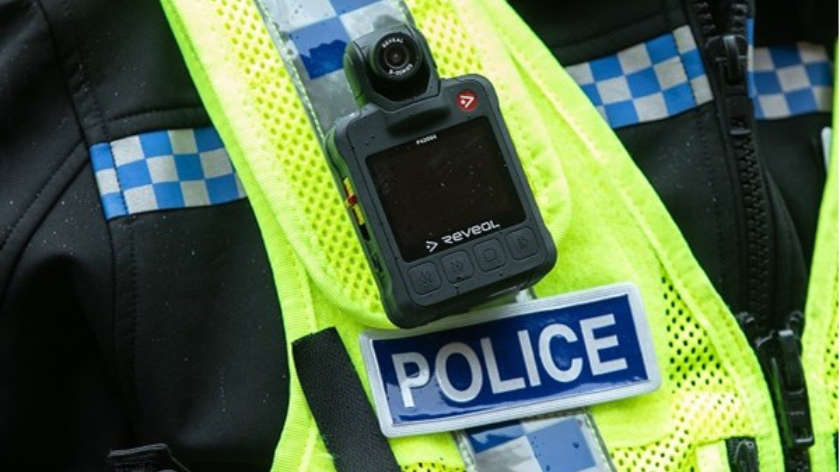 Pilot dies following aircraft crash near Masham, police confirm
Pilot dies following aircraft crash near Masham, police confirm
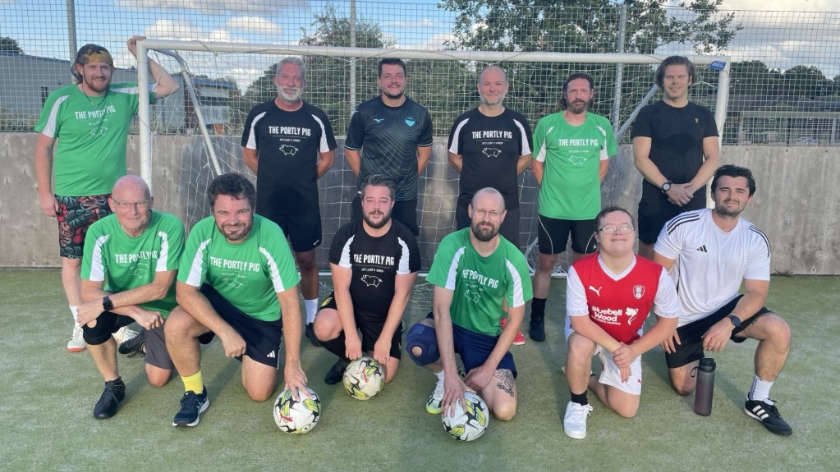 Ripon's Portly Pig to host charity football tournament
Ripon's Portly Pig to host charity football tournament
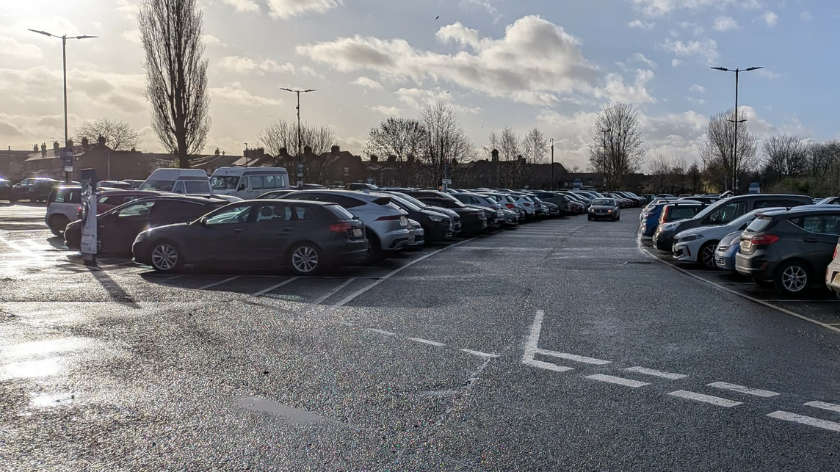 Council to review parking charges across North Yorkshire
Council to review parking charges across North Yorkshire
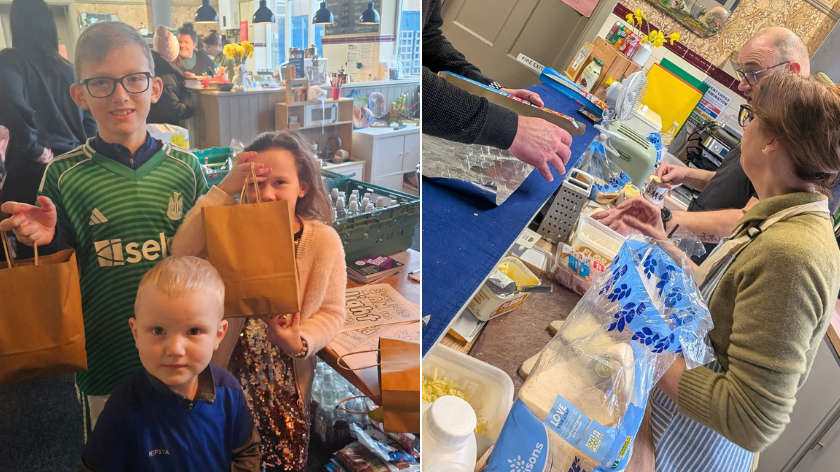 Free packed lunches at Starbeck café feed families in need
Free packed lunches at Starbeck café feed families in need
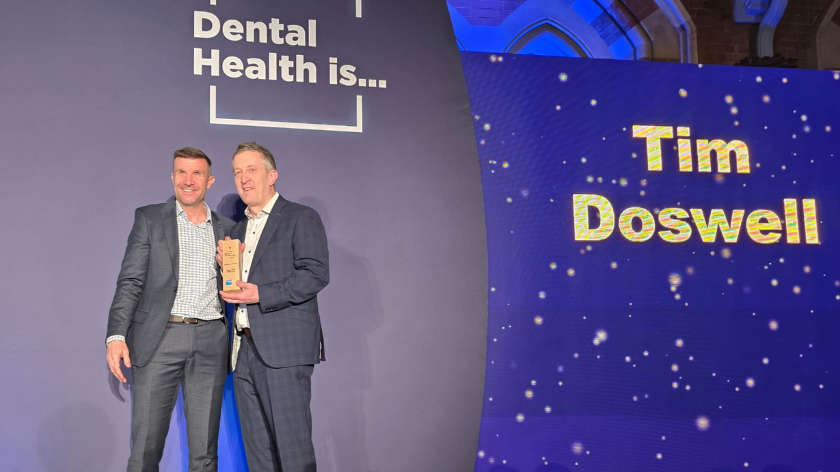 Harrogate dentist recognised at national dental awards
Harrogate dentist recognised at national dental awards
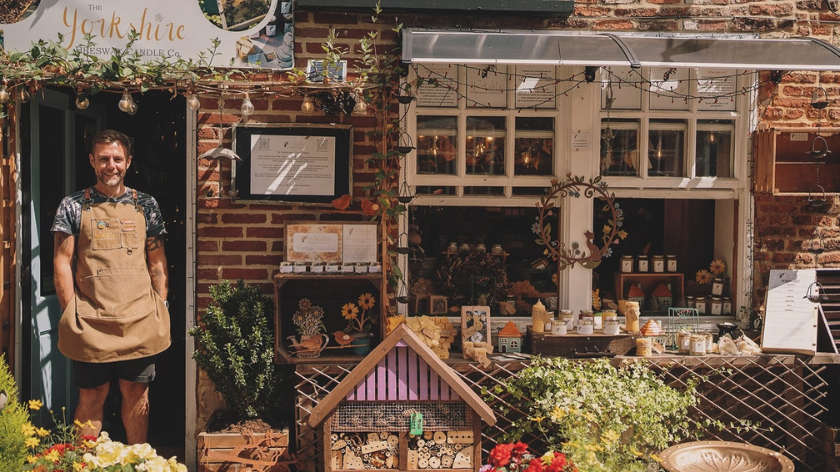 Knaresborough beeswax candle shop set to close
Knaresborough beeswax candle shop set to close
 Harrogate Town launches new half-time crossbar challenge
Harrogate Town launches new half-time crossbar challenge
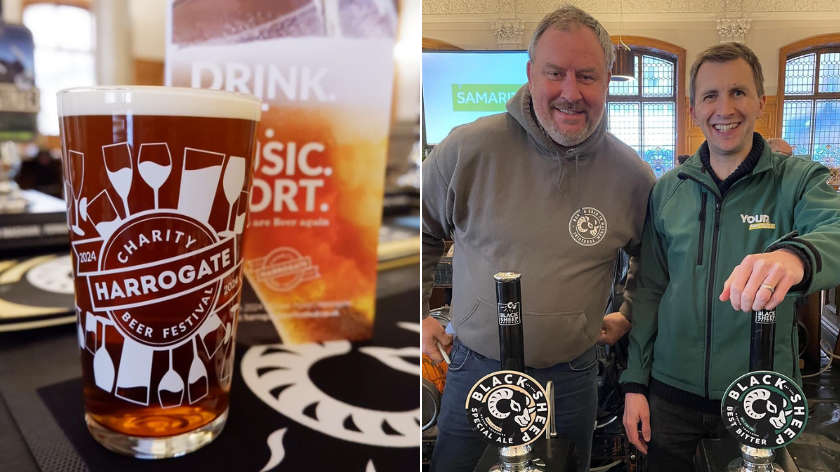 Queen and ABBA tribute acts to headline Harrogate Beer Festival
Queen and ABBA tribute acts to headline Harrogate Beer Festival
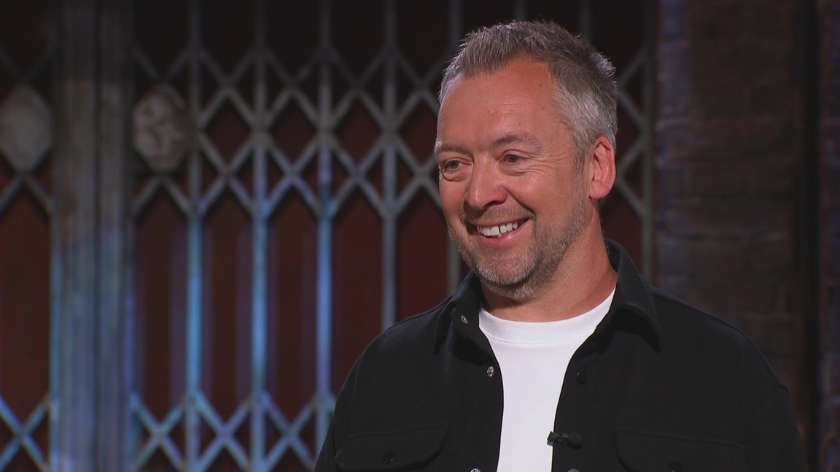 Ripon entrepreneur to appear on Dragon's Den
Ripon entrepreneur to appear on Dragon's Den
 Harrogate figures to be 'jailed' to raise money for Harrogate Theatre
Harrogate figures to be 'jailed' to raise money for Harrogate Theatre
 Harrogate bookshop named as finalist for British Book Awards
Harrogate bookshop named as finalist for British Book Awards
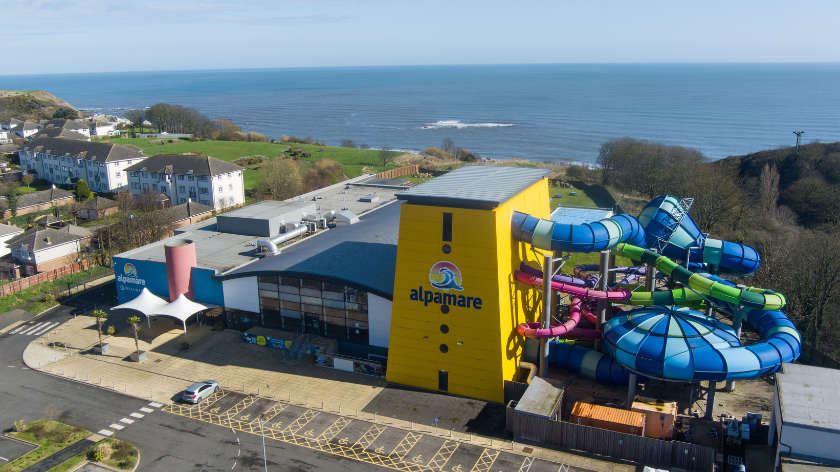 Council update on operator of Alpamare water park
Council update on operator of Alpamare water park
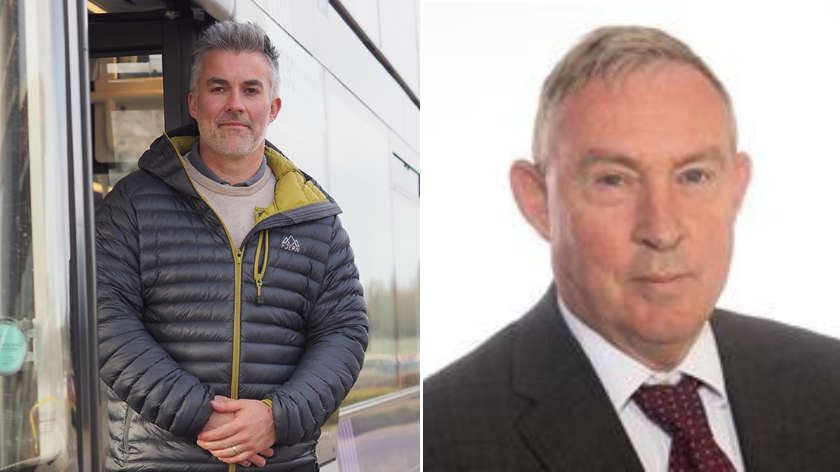 Visitor levy would be mayor's decision, says senior councillor
Visitor levy would be mayor's decision, says senior councillor
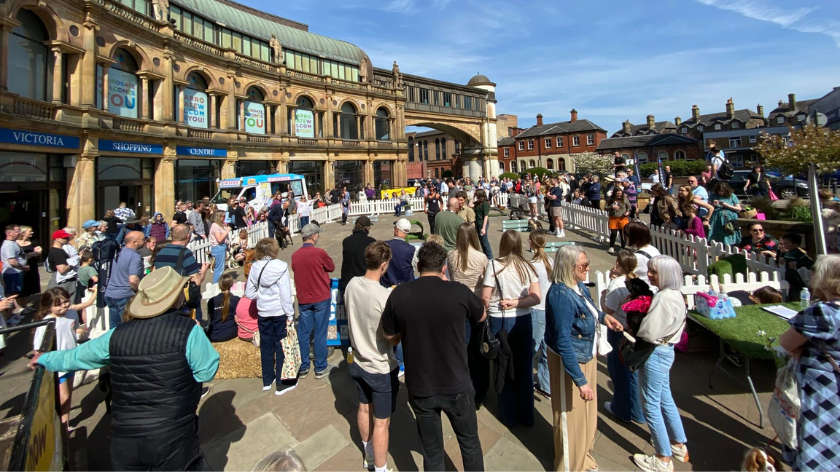 Date announced for return of Harrogate dog show
Date announced for return of Harrogate dog show
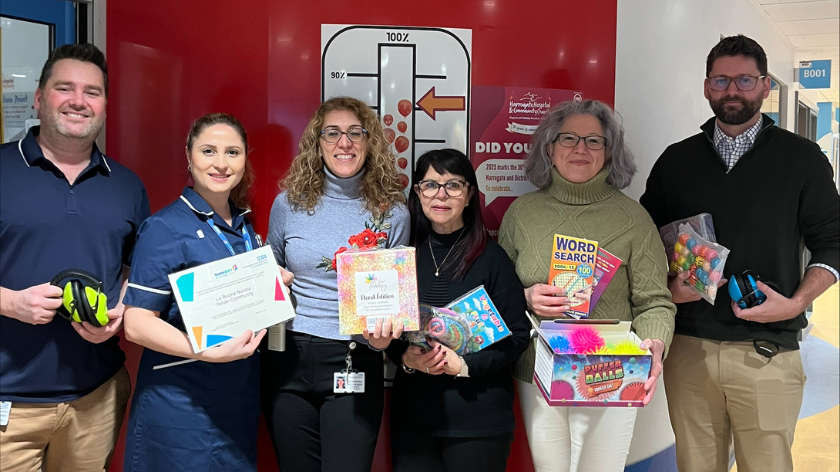 Harrogate's Italian community donates sensory kits worth £1,200 to Harrogate Hospital
Harrogate's Italian community donates sensory kits worth £1,200 to Harrogate Hospital
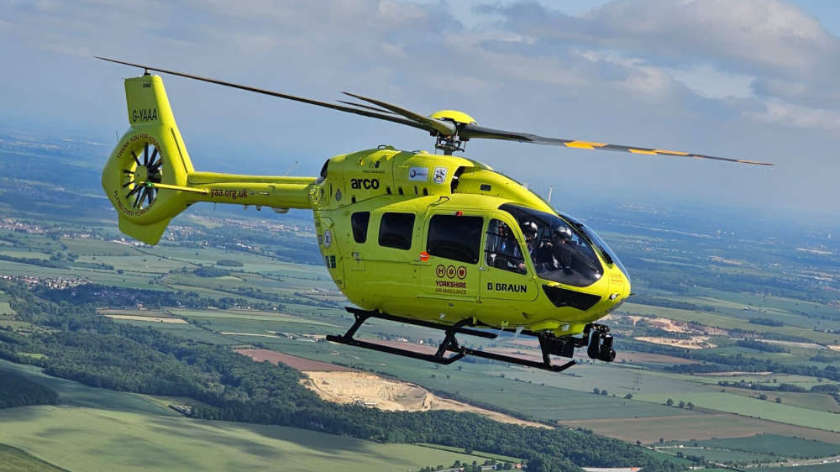 Man taken to Leeds General infirmary following aircraft crash in Masham
Man taken to Leeds General infirmary following aircraft crash in Masham
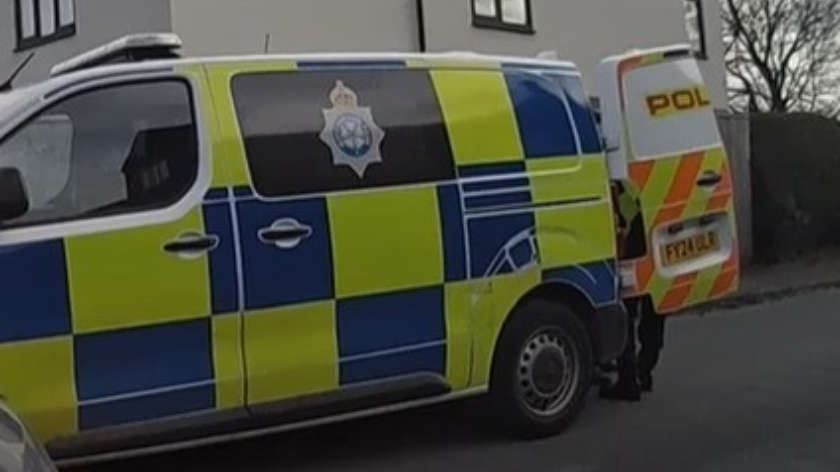 Six arrested following car theft in Harrogate
Six arrested following car theft in Harrogate
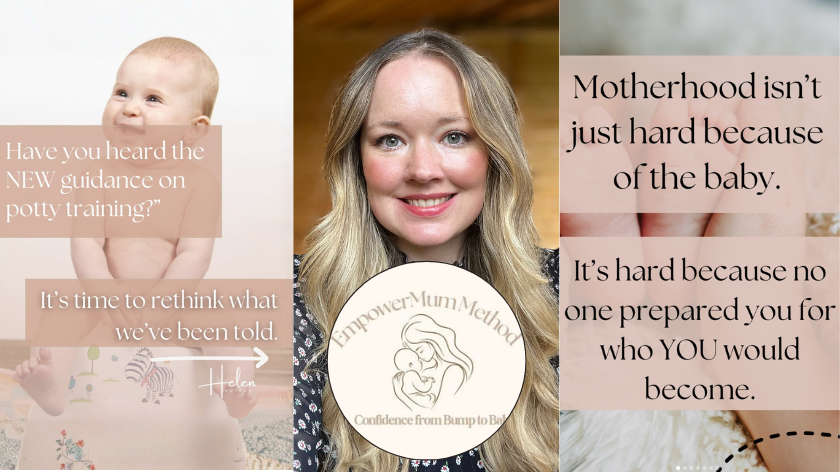 FULL CHAT: Local occupational therapist hosts online masterclass to support new mums
FULL CHAT: Local occupational therapist hosts online masterclass to support new mums
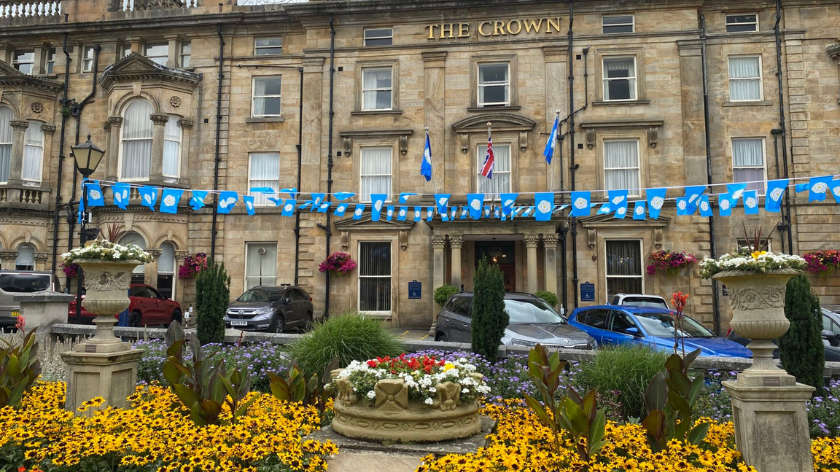 Harrogate businesses reject new accommodation BID proposal
Harrogate businesses reject new accommodation BID proposal
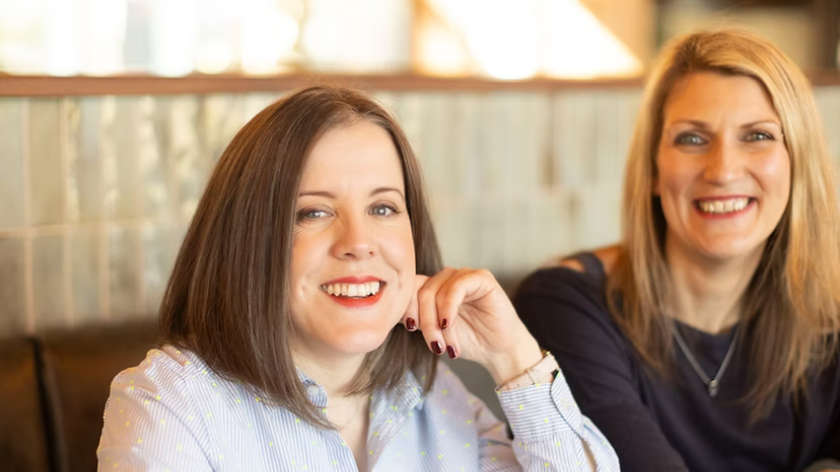 New interior showroom to open on Albert Street
New interior showroom to open on Albert Street







